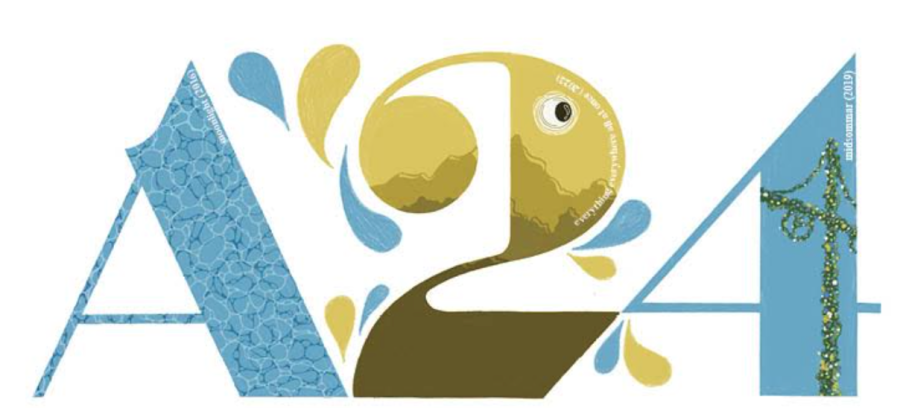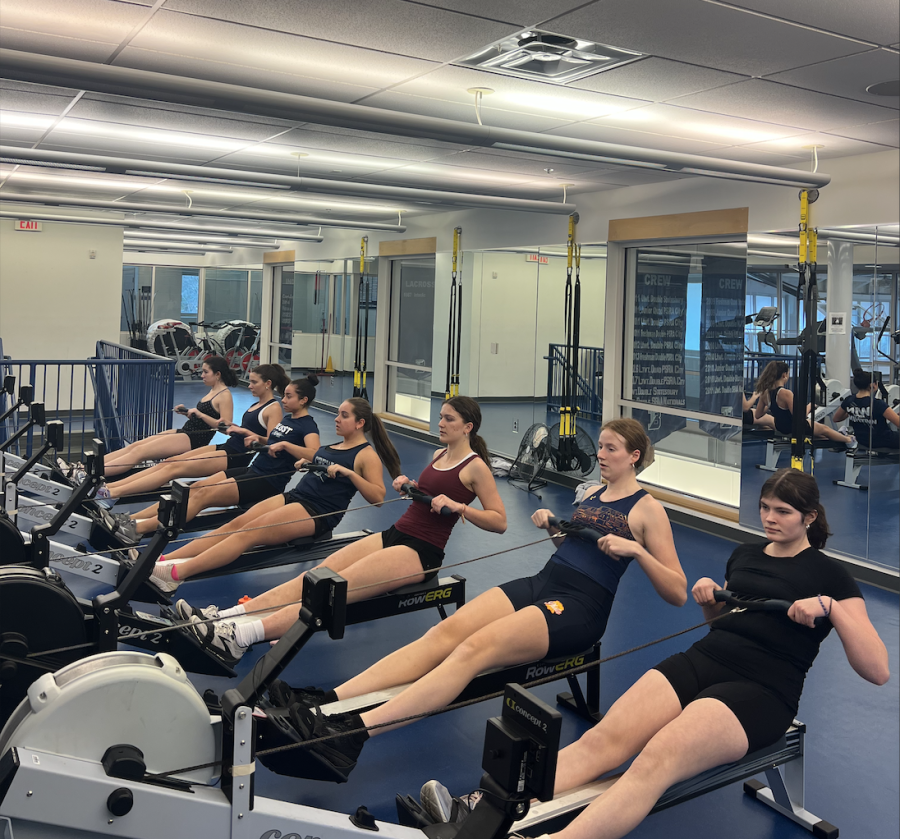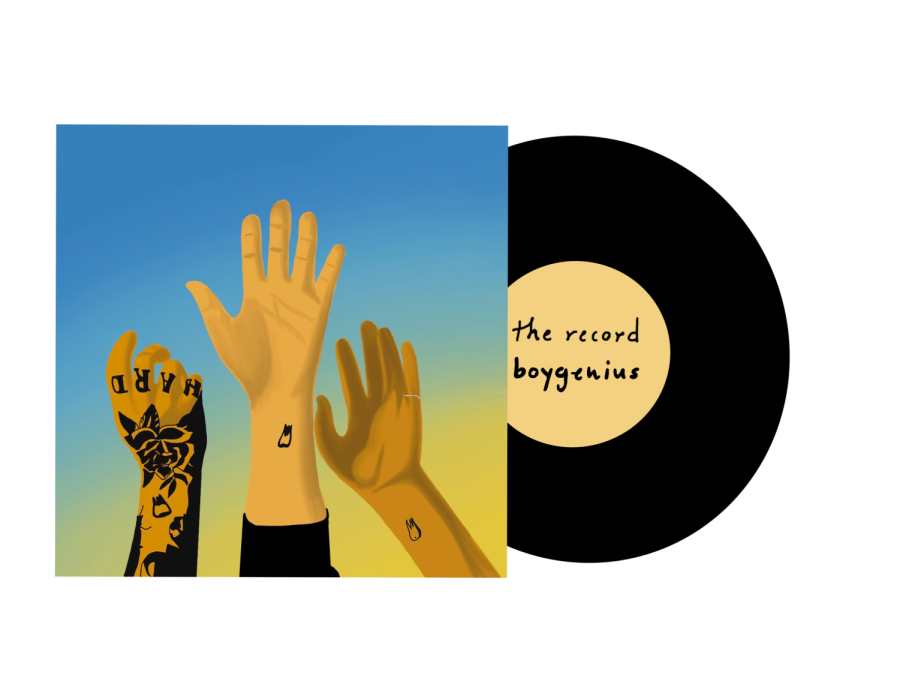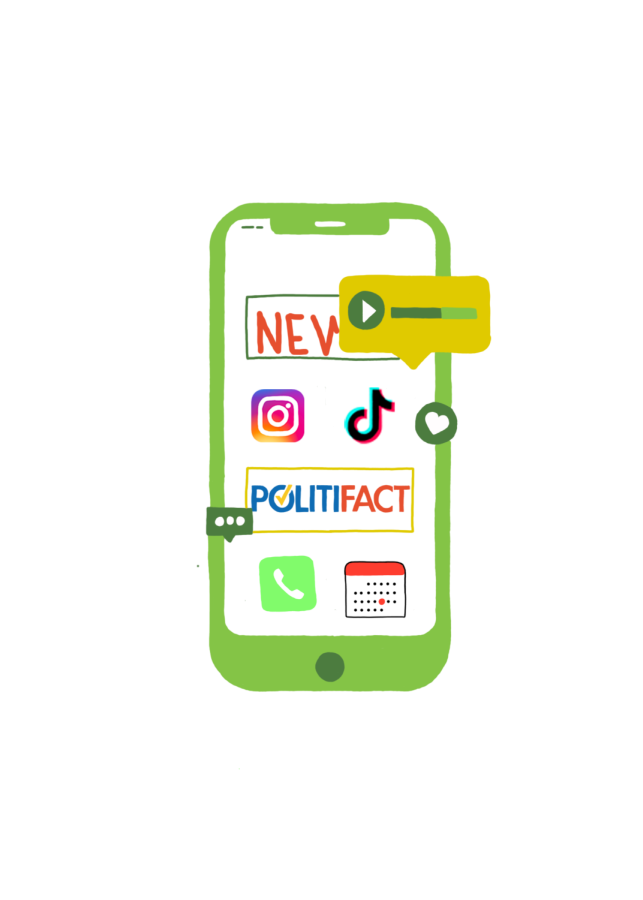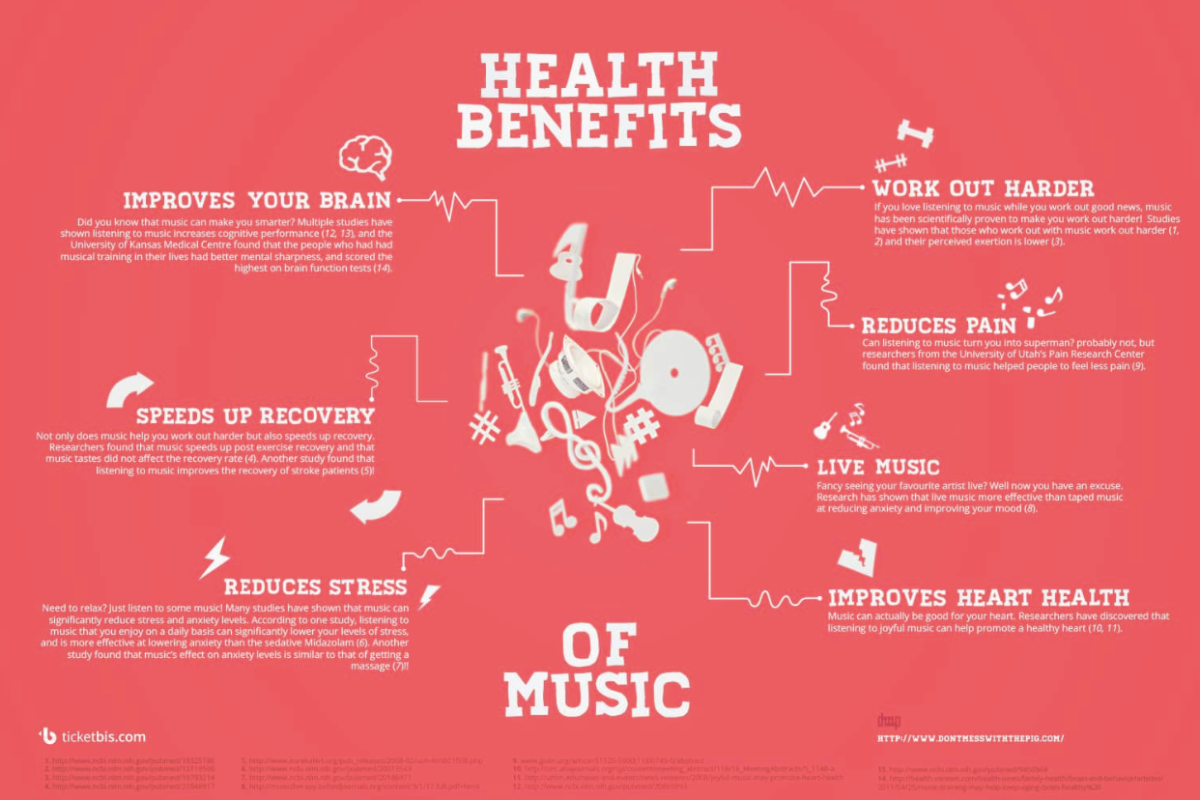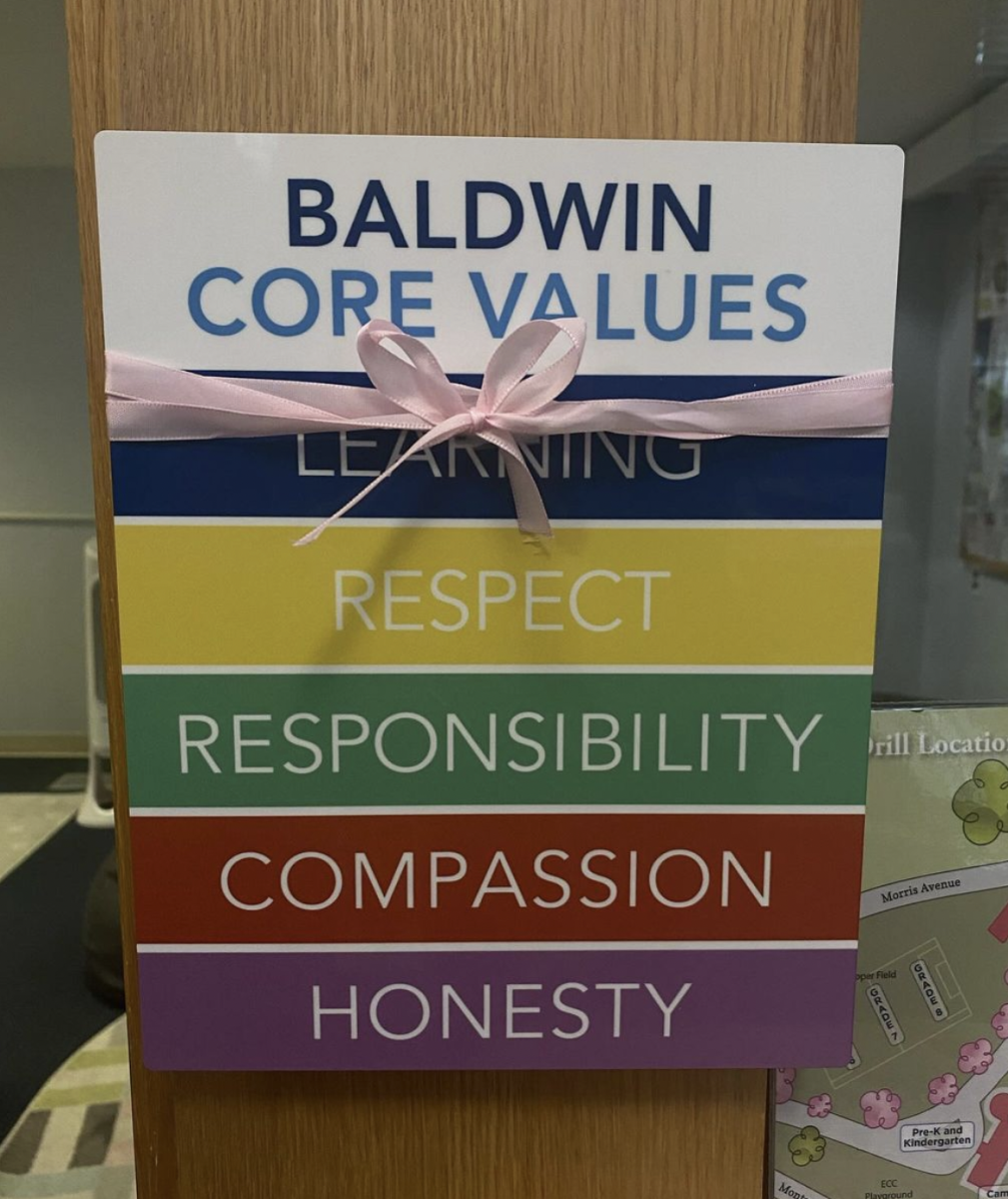Throughout the month of October, Upper School students learned about the dangers of drug use through small group talks with the nonprofit Prevention Education Solutions. These talks were given to The Baldwin School’s community to educate students about the consequences of addictive substances – some discussion specified the use of marijuana, which many nearby states have recently opted to legalize for recreational use.
According to Marijuana Fact Check, students who use the drug perform worse in school and have lower attendance rates. They are also 60% more likely to drop out of high school than their peers. Because marijuana affects memory, many users also reported not being able to study proficiently or focus on their academic tasks.
It has also been proven that frequent marijuana use decreases motivation and drive, leading to students not being as engaged in academic and extracurricular activities as they once were. For example, Prevention Ed guest speaker Hope McMahan opened up about their substance abuse as a college student, which included the use of cannabis. McMahan described their experience, part of which included an intense loss of motivation to pursue academic and athletic interests, they said. McMahan was eventually asked to leave Bryn Mawr college as a result of their substance abuse. Now, McMahan uses their story as a way to educate young, high-achieving students about the consequences of using addictive substances, they said in their presentation.
In addition to academics, cannabis use can also affect teenagers’ social-emotional health.
Upper School counselor Kate Hunter also spoke to Upper School students about using cannabis and other drugs as a coping mechanism.
“Substances can temporarily mask emotions and create a dependency for those who have not healed from emotional distress,” Hunter said.
Students who use cannabis can isolate themselves from their classmates and loved ones, Hunter also said.
Although many states have legalized recreational marijuana use, it is still illegal for people under the age of 21 to possess any form of marijuana. This is because, according to the National Institute of Mental Health, the human brain is not fully developed until one’s mid-to-late 20s, and marijuana can harm its growth.
Baldwin students and faculty generally thought that the Prevention Ed talks were both essential and interesting.
“Hope’s presentation was very engaging,” Damia Je ‘27 said. “It’s important because some people don’t realize the long-term harm [cannabis] can have on you.”
“The talks really educated me on the negative effects of drug use and alcohol abuse,” Makena Lee ‘27 said. “It taught me how to be more cautious.”
“Many times, folks experiment and have very little knowledge of the potential damage that can be done.” Ms. Hunter said. “As educators, our first priority is to protect students and keep you all safe. We should not teach you what to think, but to think and make educated, healthy decisions for your lives … Drug education is part of that responsibility.”

